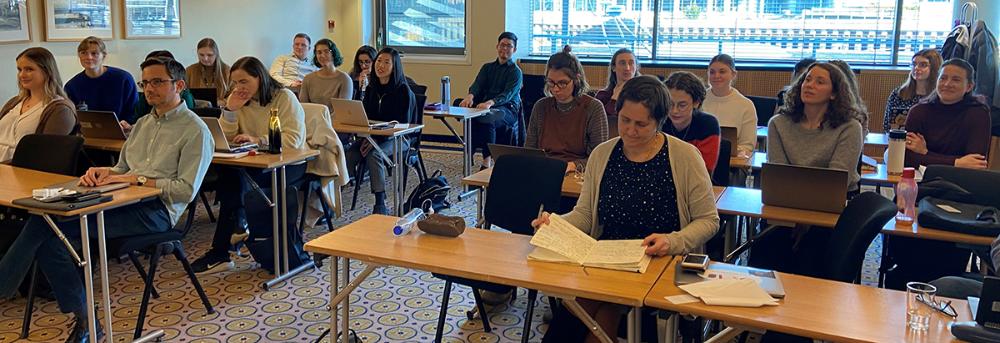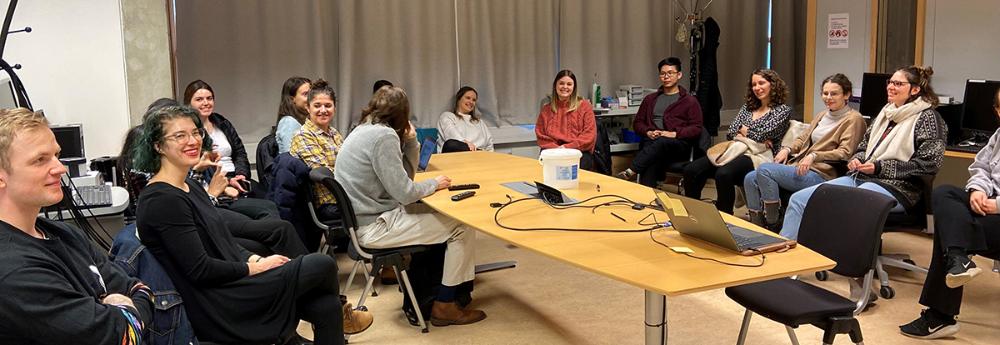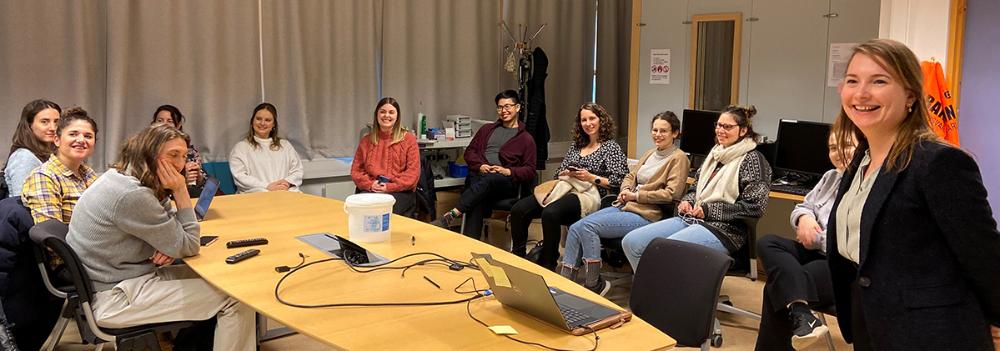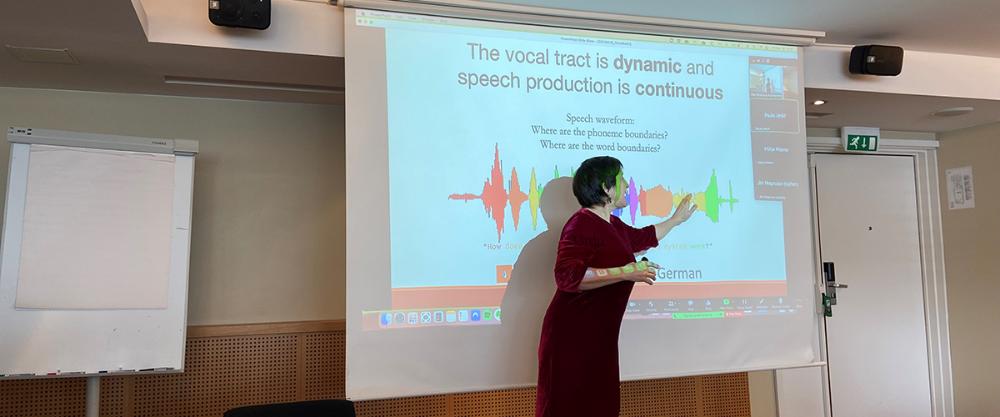EDULANG
EDULANG - Excellence in graduate education and research in the neurocognitive underpinnings of (typical and atypical) language development
Background, context and needs
The purpose of the present project is to develop a sustainable collaboration with the University of Connecticut (UConn) that will leverage a rich interdisciplinary network of scientific strengths, focusing on the complex interplay of mechanisms underlying typical and atypical language development. We aim to both create new statistical and computational methods for studying language development and enrich research training opportunities for students at Masters and PhD levels. Strategic cooperation between our institutions will additionally lead to novel research constellations equipped to apply for large-scale EU and US projects.
Language is a complex system with a number of subsystems: sound/speech, word structure, syntax, and discourse. In addition, language is mediated and learned through the interaction of auditory and visual modalities. This complexity means that language development cannot be studied in a single design, whether longitudinal or concurrent. Specialized statistical and computational techniques are particularly useful when studying language development in atypical learners, as the development process in such learners may be influenced by factors that add further complexity, while at the same time allowing to isolate phenomena not easily observed in typical development.
EDULANG’s main focus is to enhance career track opportunities through advanced research and training for Masters and PhD students. We will organize a series of joint training courses taught by researchers at NTNU and UConn, with an emphasis on active student and staff mobility between the two collaborating groups.
These courses will provide graduate students with hands-on training in advanced interdisciplinary methods (EEG/ERPs, eye-tracking, fMRI, statistical analyses and computational modeling of language), as well as theories related to language development in typical and atypical populations. Courses will be aimed at early-stage graduate students with the goal of orienting them towards research and enabling them to write competitive PhD proposals. The environments created in these workshops and courses will foster cross-talk and knowledge-sharing, both between junior and senior scholars and between disciplines.
EDULANG will thus provide opportunities for students and early-stage researchers at NTNU and UConn to share specialized knowledge and create international connections that will facilitate the development of future high-level research projects.
EDULANG has four main pillars:
- Investigate the mechanisms involved in language development across typical and atypical learners
- Develop novel computational and statistical methods for analyzing developmental language data
- Offer graduate students high-level training in advanced computational modelling, statistical techniques, and psycholinguistic theory
- Foster cross-talk between related disciplines with a focus on human development and cognition
EDULANG represents the intersection of four major EU and national Norwegian grants secured by the applicant team, the Language Acquisition and Language Processing Lab (LALP Lab) at NTNU:
- Horizon2020 MSC ITN e-LADDA (grant agreement No 857897 (2019-2023)
- Horizon2020 MSC ITN DCOMM (grant agreement No 676063)
- NFR National Researcher School in Linguistics (LingPhil)
- NFR Origins of Semantic Composition in Early Cognitive Development (Origo)
First EDULANG training Workshop
Trondheim, March 14-18, 2022




